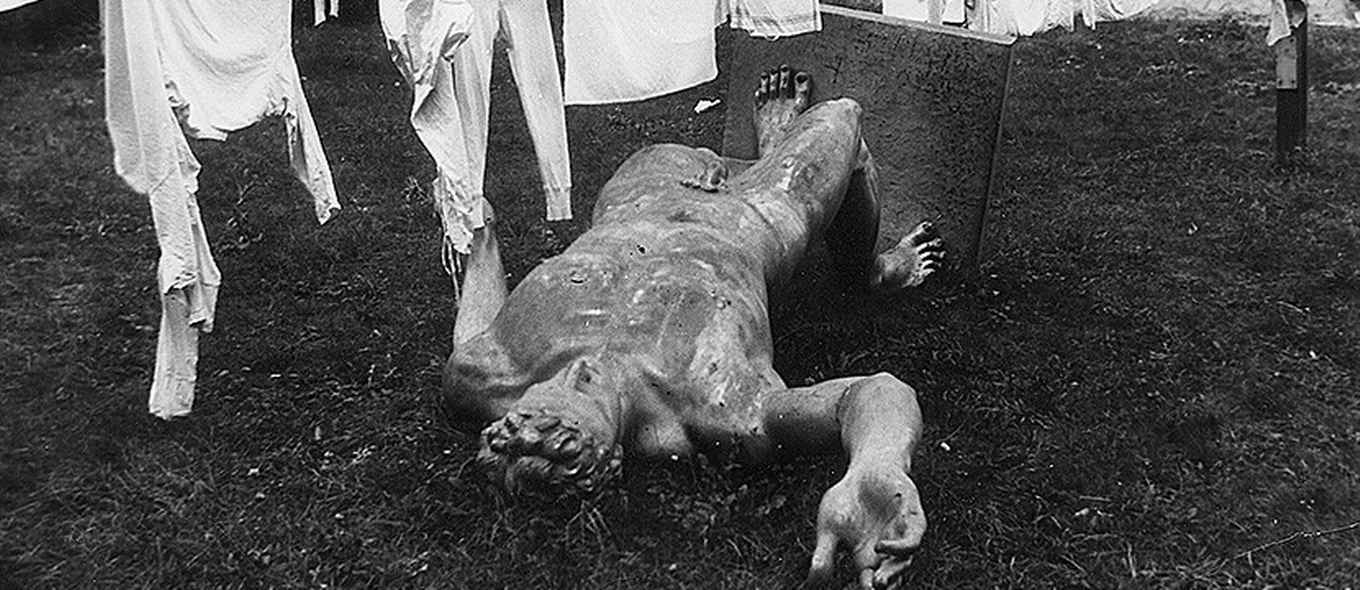Taboo in Cultural Heritage
Reverberations of colonialism and national socialism
- Start date
- 1 February 2024
- End date
- 2 February 2024

Taboo is a subject, word, or action that is avoided or forbidden for religious, social or political reasons. Although there are certain taboos that appear to be virtually universal, most taboos vary with cultures and times. Objects, sites, or practices appropriated as cultural heritage, can at a later moment in history be redesignated as problematic, no longer conforming to certain norms and values. Conversely, (former) taboos can be contested, eventually triggering the 'heritagization' and display of hitherto banned objects and sites.
Unsurprisingly, taboo and tabooed issues get less attention in humanities and heritage practices than the canon or the canonized. However, canon and taboo could be considered two sides of the same coin; they are interdependent. For that reason alone, it is important to address the subject of taboo as well, and not turn a blind eye to it. For example, the canonization of modernist art after World War II went hand in hand with tabooing art produced under National Socialism. Nowadays, there is a renewed interest at museums in exhibiting these works, sparking controversy and debate.

Confirmed keynote speakers:
- Pumla Gobodo-Madikizela (Stellenbosch, South Africa)
- Sharon Macdonald (Berlin, Germany)
- Michael Rothberg (Los Angeles, USA)
The conference is organized by the Open University of the Netherlands; Reinwardt Academie, University of the Arts; and the Amsterdam School for Heritage, Memory and Material Culture (AHM) of the University of Amsterdam.